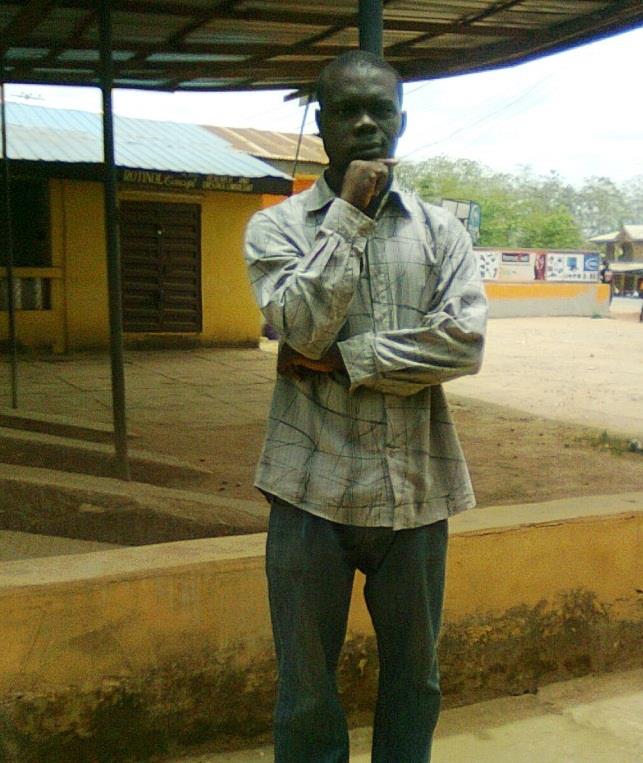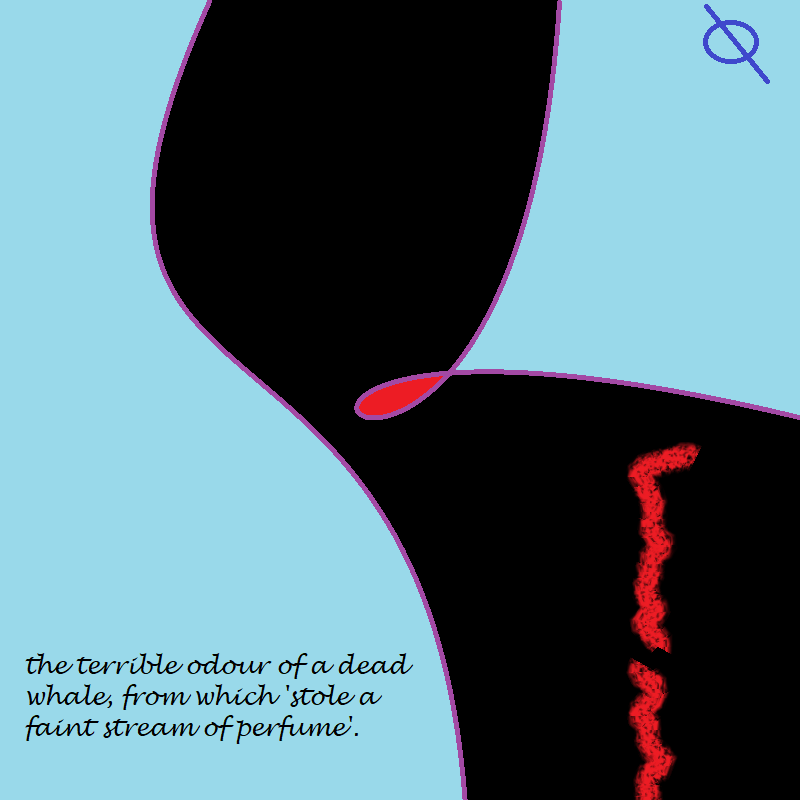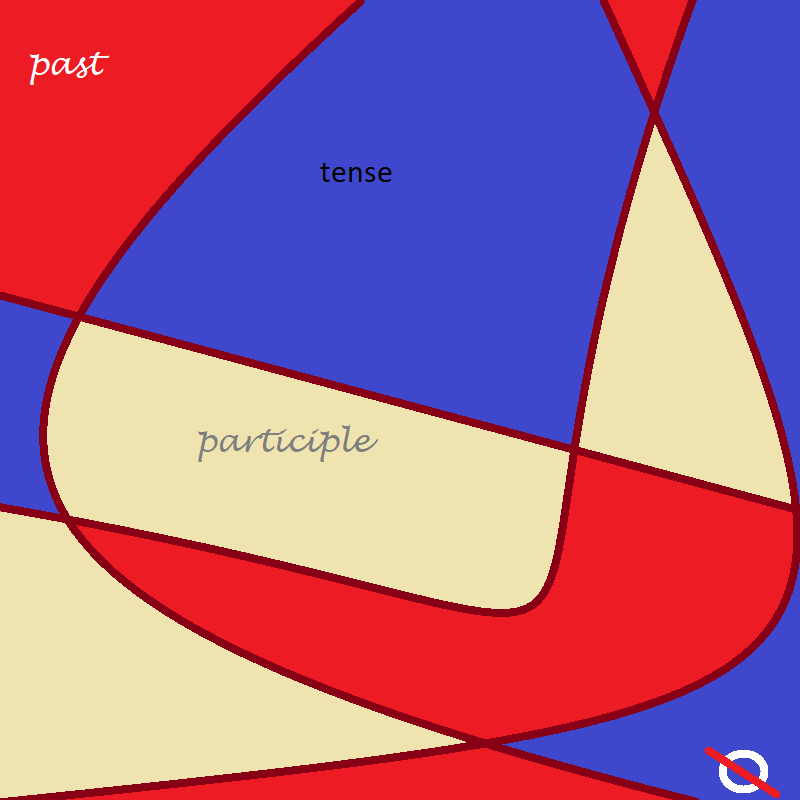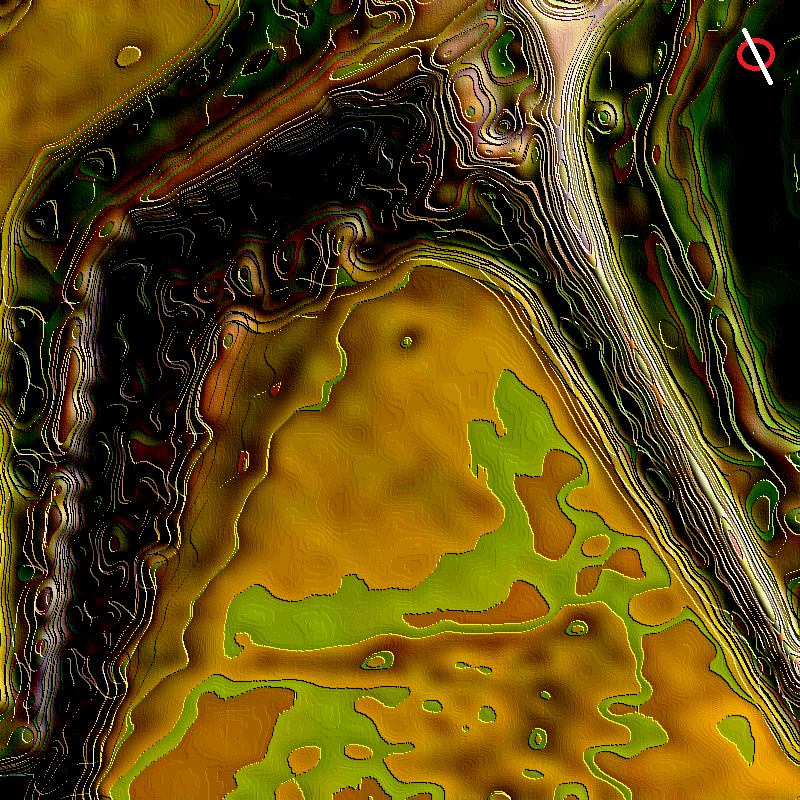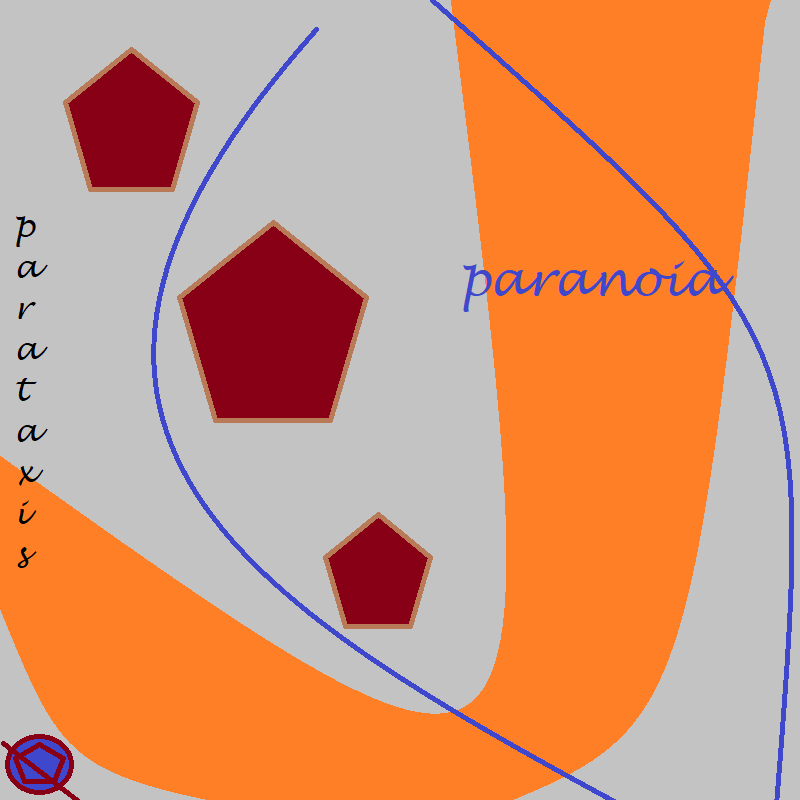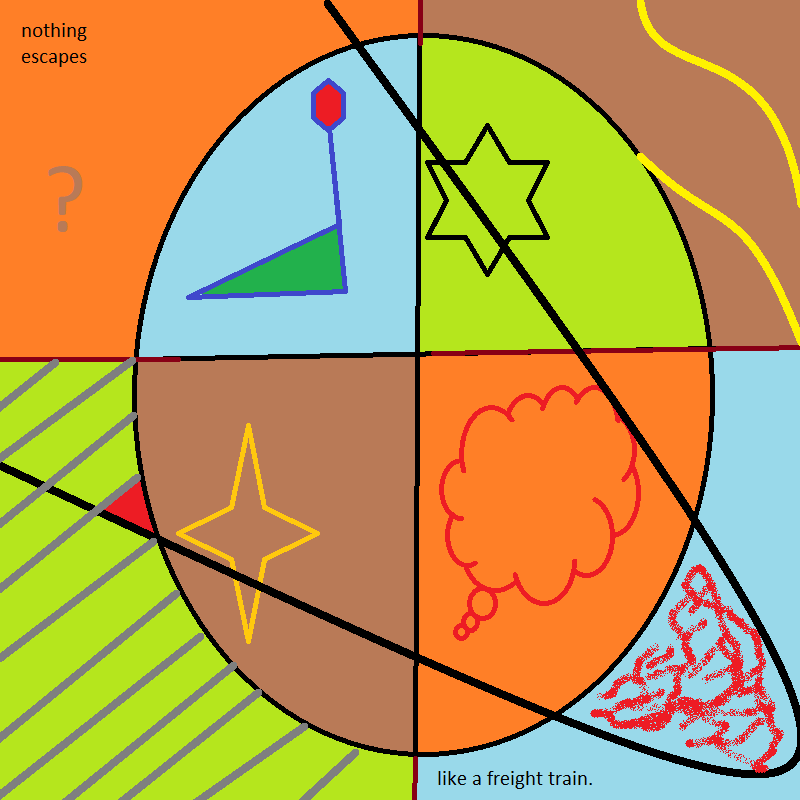Welcome to March’s issue of Synchronized Chaos! This month’s theme is in honor of the first Lit Hop in the city of Hayward, just east of San Francisco.

All are welcome to attend this multi-venue literary reading on Saturday April 30th, coinciding with Hayward’s first youth poet laureate award ceremony. Several Synchronized Chaos contributors will read from their work.
Also please join us for the Audible Browsing Experience in Philadelphia March 24th at Head House Books.
Due to the huge size of this and last month’s issue, Synchronized Chaos will experiment with going biweekly this spring. We’ll put out issues on the 15th and the last day of each month to make the issues more manageable while still showcasing all of the thought-provoking work we receive.
Also, we acknowledge the heavy state of the world right now and stand with those around the globe who need our support. We encourage you to donate copies of your books to organizations serving refugees or perform in benefit readings or contribute how else you can to those affected by war. Project Smile, founded by two teen brothers, accepts handmade and handwritten cards of encouragement as well as gently used books of all sorts. Information on them and how to donate here.
Also, here are some Ukrainian cultural and literary publications if you wish to support them with contributions.
VSESVIT (Ukrainian word for ‘the entire universe’)

Now, for this issue. Many pieces reference transformation, or the need for it. Writers and artists contemplate hopes, dreams, and aspirations, creative and healing leaps forward into the future.
Mahbub renders the beauty of memory and contemplation in lush, calming pastoral poems while Benyeakeh Miapeh speaks of a gentle connection with nature. Tranquil lakeside scenes pull E.J. Evans into curiosity about worlds beyond his own, whether the lives of other species or children’s futures.
Lori Minor turns to nature for brief, mayfly-like haikus observing her feelings. Abdulrazaq Salihu links his family’s migration to ecological dispersal and evolution while Michael Hough and Christina Chin’s collaborative work explores the love and curiosity caterpillars may feel watching their companions metamorphose to butterflies.
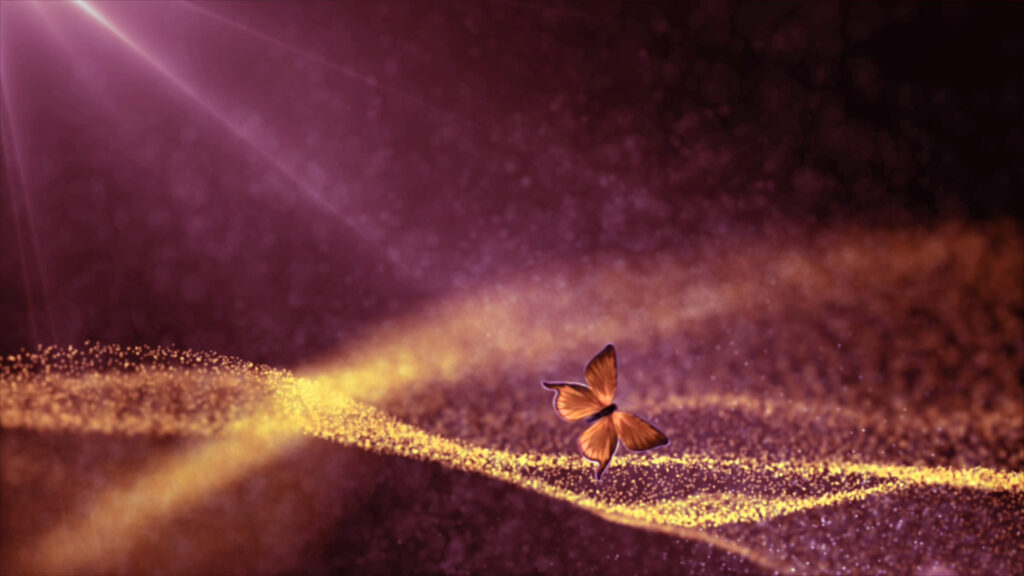
Chimezie Ihekuna’s screenplay collection showcases individuals who encounter grace at change points within their very diverse lives. Mamta Verma reflects on how much she would have missed in life without her lover’s presence. Michael Robinson gives thanks for his physical and spiritual redemption while John Culp, despite his human vulnerability, greets the forward movement of history with optimism.
Ivan S. Fiske seems to choose, or at least find, happiness by reflecting on his ancestors’ escape from slavery, although depression seems always nearly at hand. James T. Whitehead questions whether people can change. Can we overcome our addictions, can we “grow” ourselves like topiary plants, by means of willpower, therapy, or contemplation?
Mario Loprete preserves his clothing from Covid-19 quarantine into concrete, representing our being trapped and held back by the disease while also serving as an act of hope, creating artifacts that will outlast us and represent us far into the future.
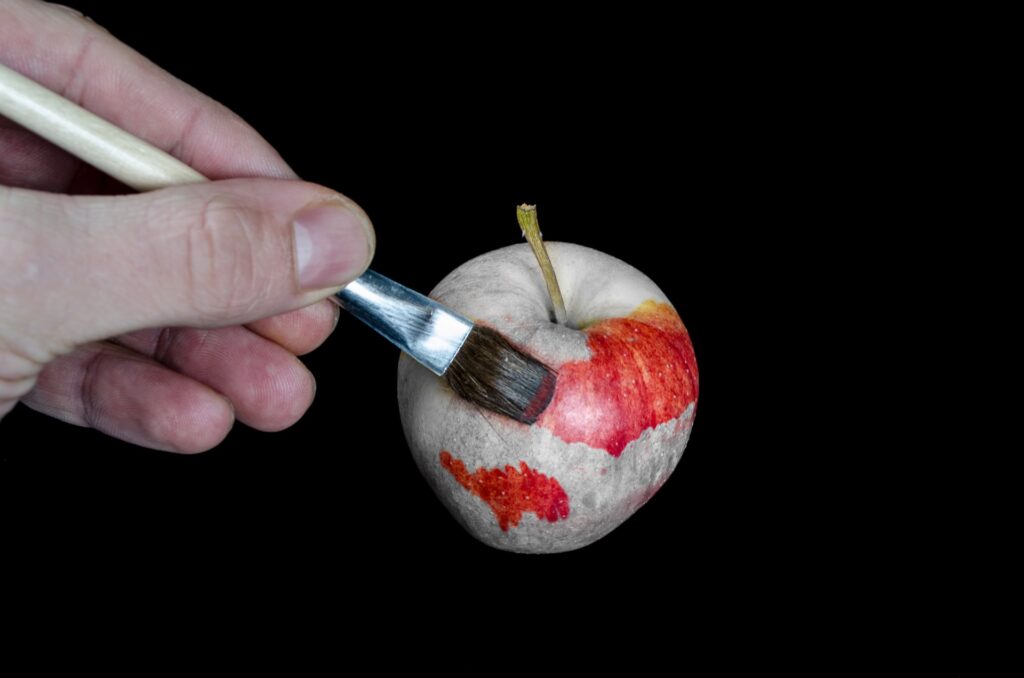
Jake Sheff references and quotes thinkers from centuries past while mulling over autumn wind, cheese, rivers and human nature in grassy Oregon. Tareq Samin honors the diverse expressions of human lives and cultures throughout history. As in Sheff’s and Culp’s work, all people, regardless of race or social status, exist as part of a greater whole.
Karol Nielsen contributes postcard vignettes from her world travels, while Pathik Mitra comments on world inequality in a powerful piece, reflecting on individual lives within a global framework.
Stark Hunter presents a panoply of dreams and nightmares, enveloping his family history within his subconscious. Gabriel T. Saah compares his dreams to his children, beautiful creatures pulling him into the future with their beauty. Jean Eureka celebrates the beauty of future dreams while staying aware of the nightmare of potential ecological destruction, while Elbov Kulmonov honors both his dreams, whether realistic or not, and his connection to his native Uzbekistan.

Yusuf Salisu Muhammad laments violence, poverty and corruption in his native Nigeria while also celebrating a special woman in his life, while Ahmad Al-Khatat mourns a generation of young people displaced or killed in wars. Amos Momo Ngunbu portrays the ugliness and dehumanization of slavery and its legacy in cultural memory. Adamu Yahuza Abdullahi elegizes losses to war and violence through the eyes of a young man whose grief lingers while he’s alone with sunlight and nature.
Ananta Kumar Singh ponders the way love gone bad can cause people to take leave of reality. Chukwuma Eke Pacella grieves over a lost father in a poignant poem on divorce from a child’s point of view while Jelvin Gibson evokes the deep sorrow of child abandonment and the strength of survivors of that plight. Raafia Shaheen comments on how domestic violence disfigures people and relationships. Depicting the angry stage of grief on a personal level, Moustafa Dandoush’s piece from a scorned lover urges the past partner to begone forever.
Alan Catlin shares his personal, yet culturally infused, memories, illustrating how the cultural subconscious seeps into his own. Pesach Rotem humorously compares his own ordinary life, and the everyday apple, to high culture and pop culture images. While he may never become a “mean ol’ daddy,” he has taken a worthy journey.

Debarati Sen draws upon the imagery of nature and time to convey how she regrets being so far away from a lover. Oona Haskovec infuses her depression into toast, turning a piece on preparing food into a meditation on existential grief while Aloysius S. Harmon renders psychological anguish into visceral sensory images. Steven Jarrell Williams and Emmanuel G.G. Yamba affirm the dignity and rightful place of sorrow in our lives, whether over one’s own condition or the state of the world. Tears deserve to be acknowledged as much as laughter and intellectual eloquence.
Tali Cohen Shabtai asserts her desire to be heard, for her words or her silence, and of understanding and re-constituting a fragmented identity.
Mark Young fragments words and phrases, lines and shapes, into a symphony of color, while Nathan Anderson shreds words into syllables that he repeats and plays with on the page. Patricia Doyne mocks the ignorance of world leaders with a satirical piece on the “gazpacho police,” illustrating what happens when language and ideas break down in the public sphere. Christopher Bernard pokes fun at overwrought Parisian intellectuals in his piece, satirizing the stultifying effects of too much knowledge while Doyne finds humor in its lack.
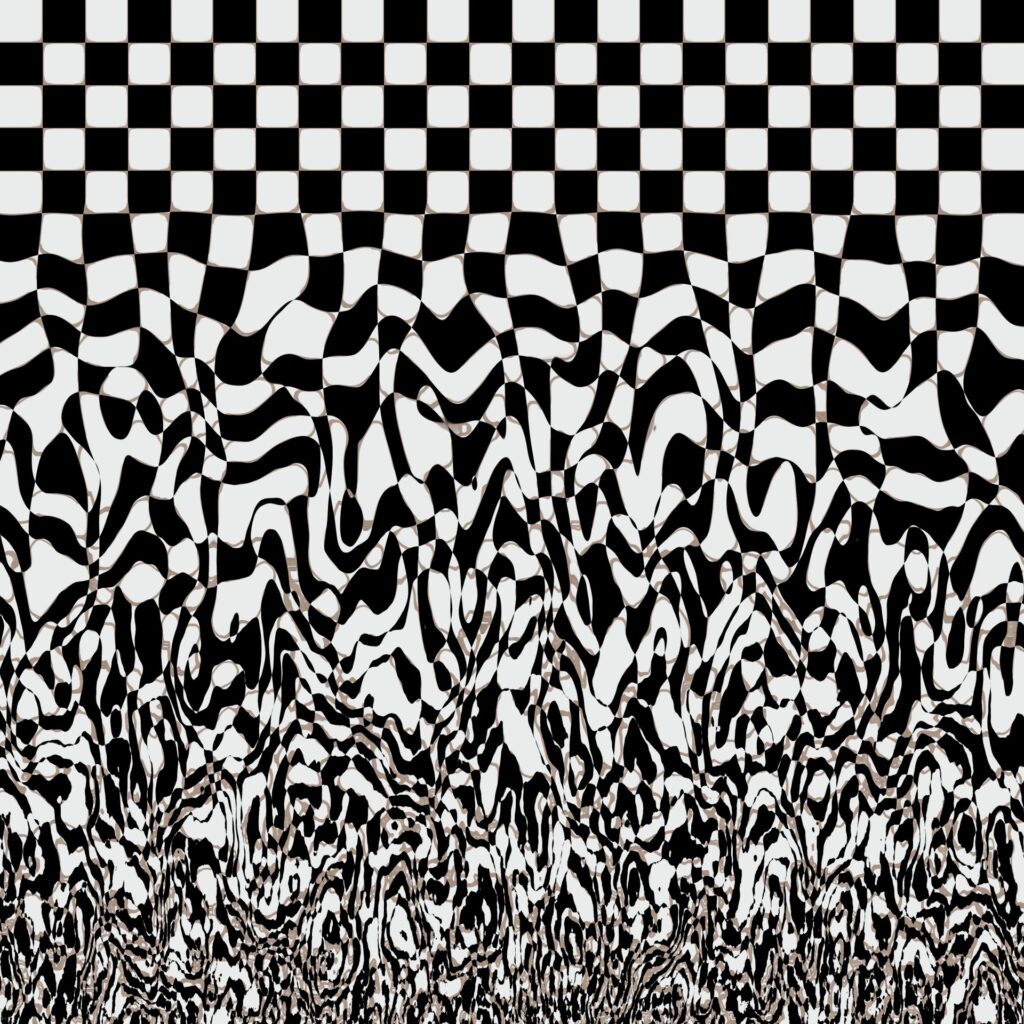
Hongri Yuan’s poetry, translated from Mandarin by Yuanbing Zhang, brings us back to the idealism of the first submissions mentioned, recollecting a timeless and glorious metaphysical state for humanity. Mehreen Ahmed’s short story also addresses the human condition, evoking the tension between creature and creator, the natural and the artificial. Nahid Gul also explores creation, but in a more positive vein with a parable about a young writer discovering her confidence.
As we can see, many people from a wide variety of backgrounds have all found their voice in this issue. We hope that this issue will build your confidence and encourage your own creative efforts.


